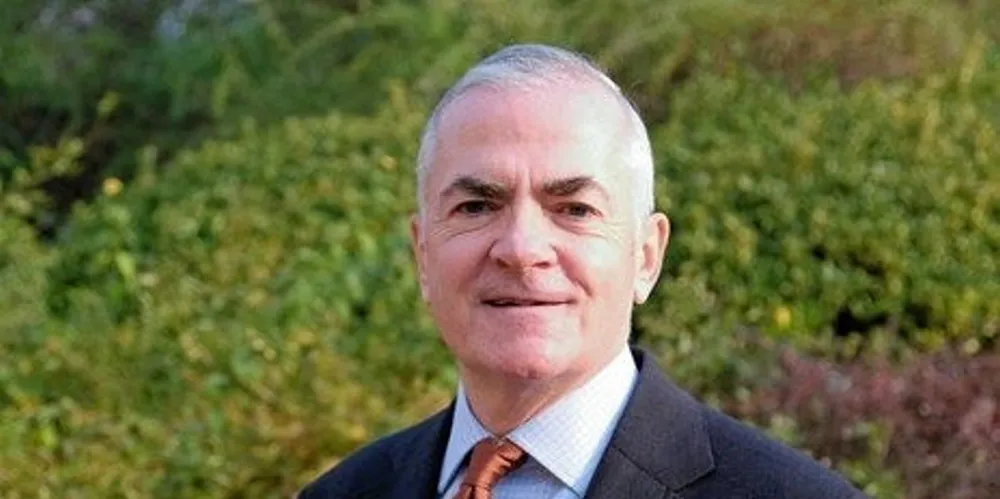'Silly': top UK trade official slams Brexit lockout from key offshore wind group
Richard Burn says cooperation vital over shared objectives but Britain currently excluded from North Seas Energy Cooperation

Richard Burn says cooperation vital over shared objectives but Britain currently excluded from North Seas Energy Cooperation
